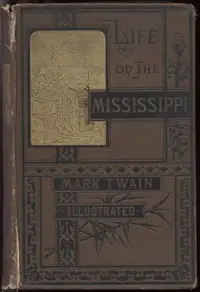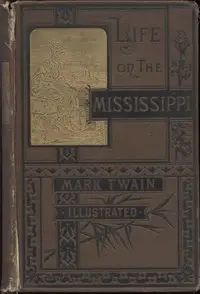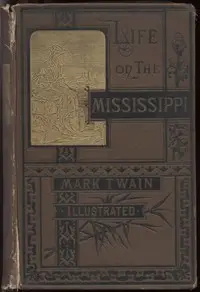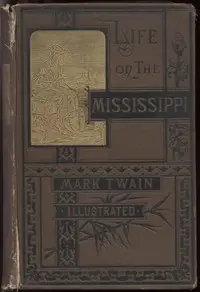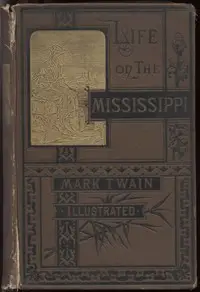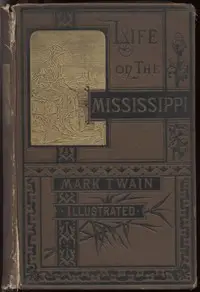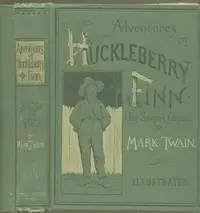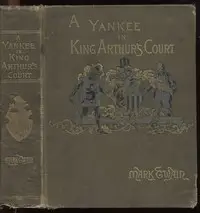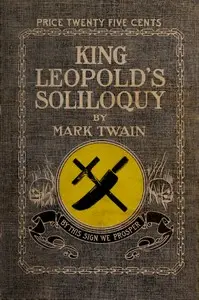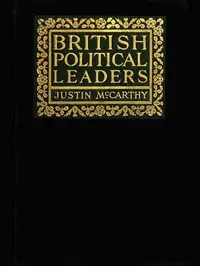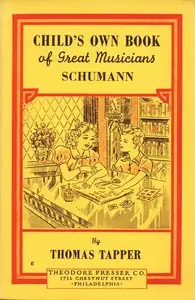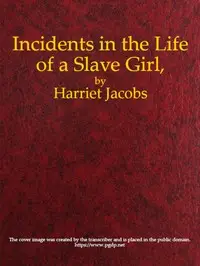"Life on the Mississippi, Part 10" by Mark Twain is a journey through the heart of the 19th-century South and the lifeblood that fueled it: the Mississippi River. Focusing on the river life this section of the book blends Twain's memories with sharply observed insights into Southern society and the river's culture. From the colorful revelry of Mardi Gras, through stories of riverboat pilots, to the complex influence of romantic literature on Southern identity, Twain uses his unique wit to explore the region’s character and legacy. The narrative weaves together Twain's personal experiences, observations on Southern culture, and encounters with fellow writers, capturing the essence of a bygone era with both affection and critical reflection.
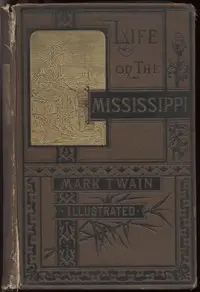
Life on the Mississippi, Part 10.
By Mark Twain
Experience the vibrant and complex world of the Mississippi River through the eyes of a celebrated author, as he navigates the waters of Southern culture, confronting literary ideals, and the echoes of history.
Summary
About the AuthorSamuel Langhorne Clemens, known by the pen name Mark Twain, was an American writer, humorist, and essayist. He was praised as the "greatest humorist the United States has produced," with William Faulkner calling him "the father of American literature." Twain's novels include The Adventures of Tom Sawyer (1876) and its sequel, Adventures of Huckleberry Finn (1884), with the latter often called the "Great American Novel." He also wrote A Connecticut Yankee in King Arthur's Court (1889) and Pudd'nhead Wilson (1894) and cowrote The Gilded Age: A Tale of Today (1873) with Charles Dudley Warner.
Samuel Langhorne Clemens, known by the pen name Mark Twain, was an American writer, humorist, and essayist. He was praised as the "greatest humorist the United States has produced," with William Faulkner calling him "the father of American literature." Twain's novels include The Adventures of Tom Sawyer (1876) and its sequel, Adventures of Huckleberry Finn (1884), with the latter often called the "Great American Novel." He also wrote A Connecticut Yankee in King Arthur's Court (1889) and Pudd'nhead Wilson (1894) and cowrote The Gilded Age: A Tale of Today (1873) with Charles Dudley Warner.

